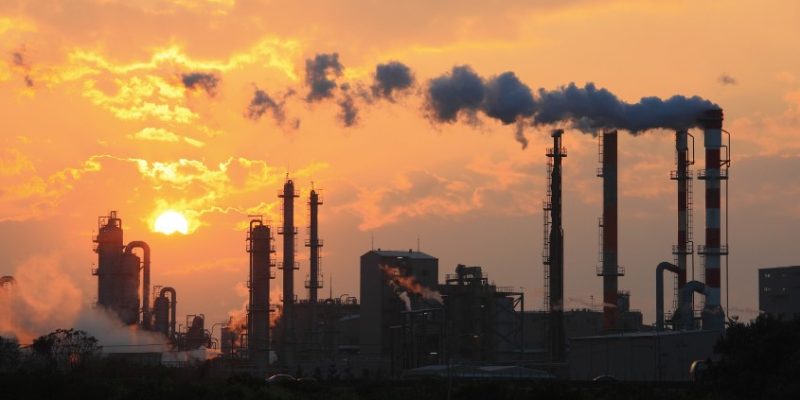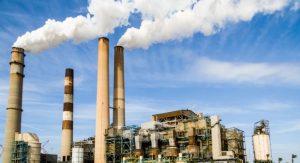
Is the UK Taking Air Pollution Seriously?
Air pollution poses a significant environmental challenge in our current era. It not only harms the planet but also has grave consequences for human health, including respiratory and cardiac diseases, stroke, and even cancer. The UK has tried to reduce air pollution, but the question remains: Is the UK taking air pollution seriously?
The UK has faced criticism for handling air pollution in the past. In 2017, the country was taken to the European Court of Justice for failing to tackle illegal nitrogen dioxide (NO2) levels in the air. The court ruled that the UK had breached EU law by consistently exceeding the annual limit for NO2 levels.
The UK responded by introducing a Clean Air Strategy in 2019, which sets out goals for reducing air pollution and improving air quality. However, as recent reports show, more needs to be done.
Is the UK Taking Air Pollution Seriously?
Air Quality in the UK
The first step in assessing the UK’s efforts to tackle air pollution is to examine the current state of air quality. In recent years, the UK has seen a decline in air pollution levels, but it still has a long way to go. According to a report by the Guardian, in 2023, 75% of the UK’s population was exposed to air pollution levels above the WHO’s guidelines for toxic particulate matter.
Toxic exhaust fumes, mostly caused by diesel engines in vehicles, contribute to the bulk of the polluted air in urban areas. City centres like London, Manchester, and Birmingham report high levels of NO2, which makes it hard to escape the polluted air.
The government has implemented several environmental act measures to improve air quality, such as the Ultra-Low Emission Zone in London, which charges drivers of high-polluting vehicles. Other cities are also implementing similar measures, but this approach is seen as a sparse solution to a fundamental problem. In 2019, the government proposed a diesel and petrol cars ban by 2035 to reduce road traffic pollution.
However, this is unlikely to be effective as many fossil fuel-powered vehicles are still on the road, and the phasing out will depend on the vehicle’s age and model. With newer vehicles emitting fewer emissions and the number of such vehicles growing, the ban may not significantly improve air quality.
The Cost of Inaction
The consequences of air pollution on human health cannot be overstated, nor can the economic cost of inaction. According to a European Public Health Alliance report, air pollution causes up to trillions of Euros of economic damage annually in the EU. Cancer, stroke, and lung and heart diseases are expensive to treat, and the productivity loss of those who are ill or die prematurely can severely strain the economy.

Another cost of inaction is the effect of diesel emissions on the environment, leading to its deterioration. Air pollution not only contributes to global warming but also has adverse effects on biodiversity. Acid rain from pollutants like sulphur dioxide severely affects vegetation, wildlife, and freshwater bodies.
ClientEarth, an environmental group, has taken legal action against the UK government’s approval of Europe’s largest natural gas plant. The challenge was filed in the High Court on January 30, 2020.
A Call for Action
The UK has made some progress in tackling air pollution, but it needs to do more to meet the WHO’s guidelines and tackle the environmental and economic costs of air pollution. To do this, there needs to be better regulation, clean energy measures, and investment in public transport.
Traffic is the most significant source of air pollution in urban areas. The government must encourage people to switch to clean modes of transport, such as electric vehicles or cycling. Support for public transport can reduce the number of private cars on the road, leading to fewer emissions. Still, it is crucial to ensure that public transport emits fewer pollutants. The government could incentivise bus companies to switch to electric vehicles or hydrogen fuel cell buses, which produce no harmful emissions.

Better regulation is also needed to control emissions from the construction industry and other industrial activities. The government can hold manufacturers accountable for diesel claims, implement policies to phase out diesel generators during construction, limit incineration, and regulate other sources of pollutants, including domestic appliances like stoves.
In a Nutshell
Air pollution is a critical issue that threatens the well-being of millions across the globe, and the UK is no exception to this crisis. While the government has taken some steps to address the issue, much more must be done to reduce the number of premature deaths and illnesses caused by air pollution.
The UK government must take decisive action to tackle air pollution seriously, and the business sector should play a more proactive role by adopting cleaner technologies and practices. Only by working together can we hope to build a cleaner and more sustainable future. Discover other ways you can contribute to combating air pollution by visiting https://www.emissions.co.uk.





